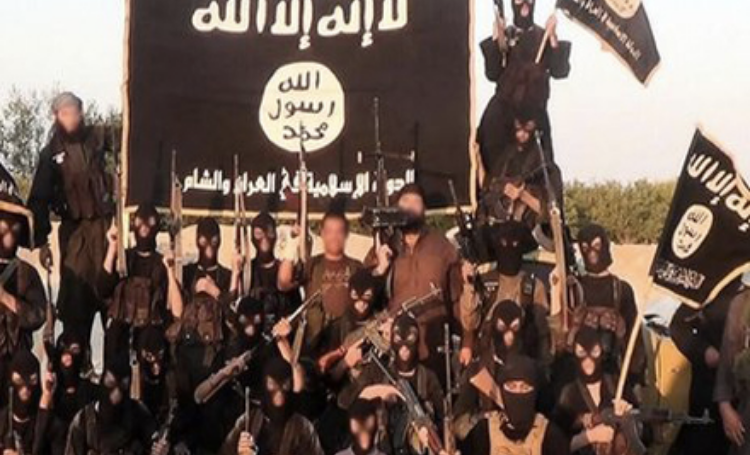Lucas Webber and Peter Smith
Unherd, Jan. 15, 2024
“It wasn’t until October 7 that this Islamist impetus really burst into the open, with ISIS suddenly finding itself on fertile soil for cultivating new followers in the West.”
While the public’s focus on non-state actor threats is shifting to military action against the Houthis, a resurgent Islamic State (Isis) threat abroad and within the West continues to fester. Three days into 2024, the Islamic State reminded the world of its ability to conduct international attacks with a coordinated pair of suicide bombings in Kerman, Iran, that left 91 people dead. US officials asserted that communication intercepts provided “clear cut and indisputable” evidence that the Islamic State Khurasan Province (ISKP) — Isis’s Afghanistan-Pakistan branch — carried out the operation.
Since the Taliban’s takeover of Afghanistan in August 2021, ISKP has worked to build up its external operations capabilities as well as its propaganda arm to incite violence against its enemies. And this project has largely been successful: ISKP has now carried out multiple attacks inside Iran, fired rockets into Uzbekistan and Tajikistan, and has been involved in multiple violent incidents in the Maldives. The branch also had plots foiled in Iran, India, Turkey, the Maldives, Tajikistan, and Qatar. Most recently, a plan to attack a central square and church in Jalal-Abadin, Kyrgyzstan, during New Year celebrations was disrupted by special services.
Closer to home, ISKP has overtly stated its intention to target the West, adding a new dynamic to the pre-existing threat from Isis’s central apparatus in Iraq and Syria and its supporters abroad. Only last week, it was revealed that a robust transnational ISKP-linked network was the focus of a coordinated series of raids across Europe after foreign intelligence services tipped off the governments of Spain, Germany, and Austria. The Austrian and German cell reportedly sought to target Cologne Cathedral and Vienna’s St. Stephen’s Cathedral. It followed a similar operation last July, when Germany and the Netherlands co-ordinated to dismantle an ISKP-linked network reportedly plotting attacks in Germany.
… [To read the full article, click here.]


